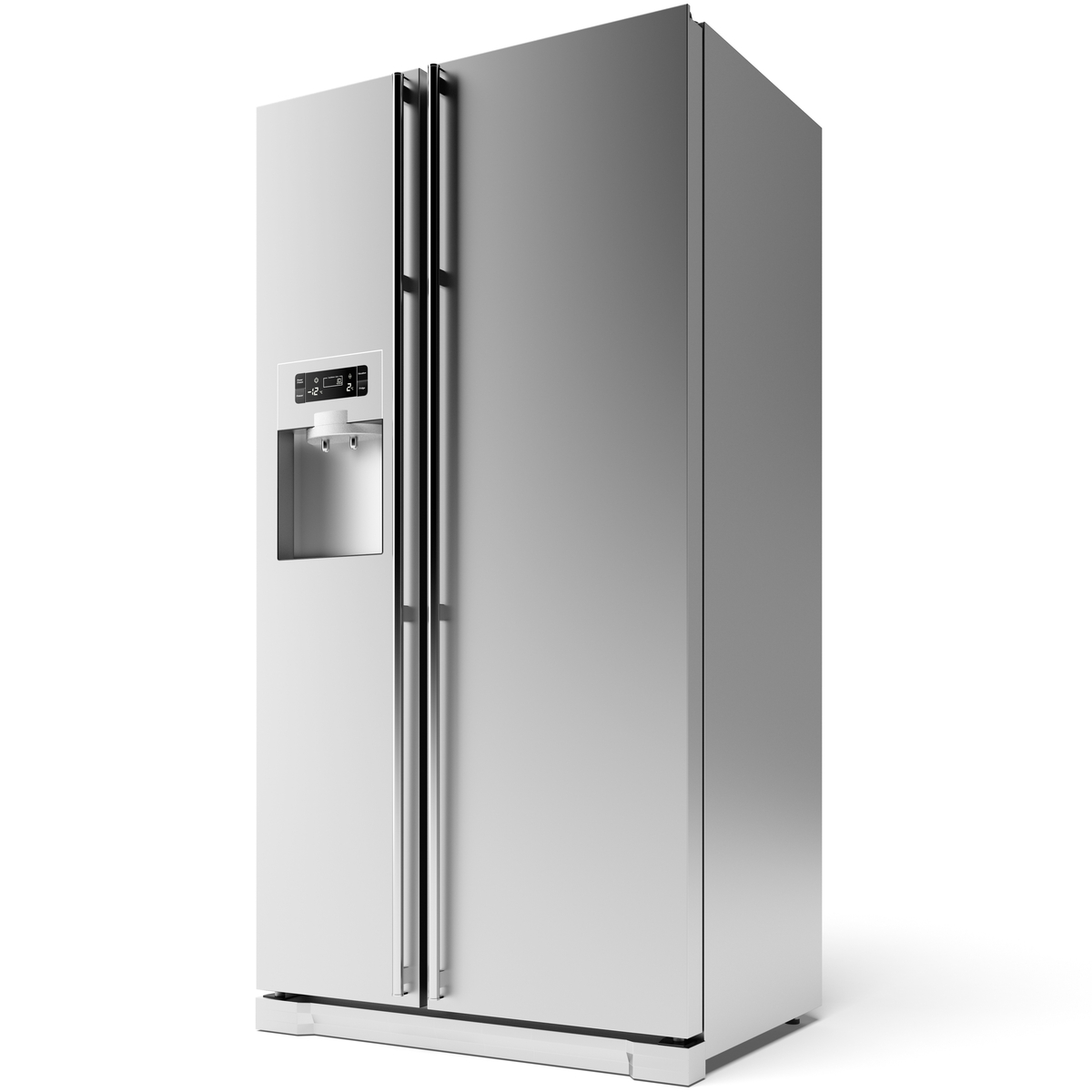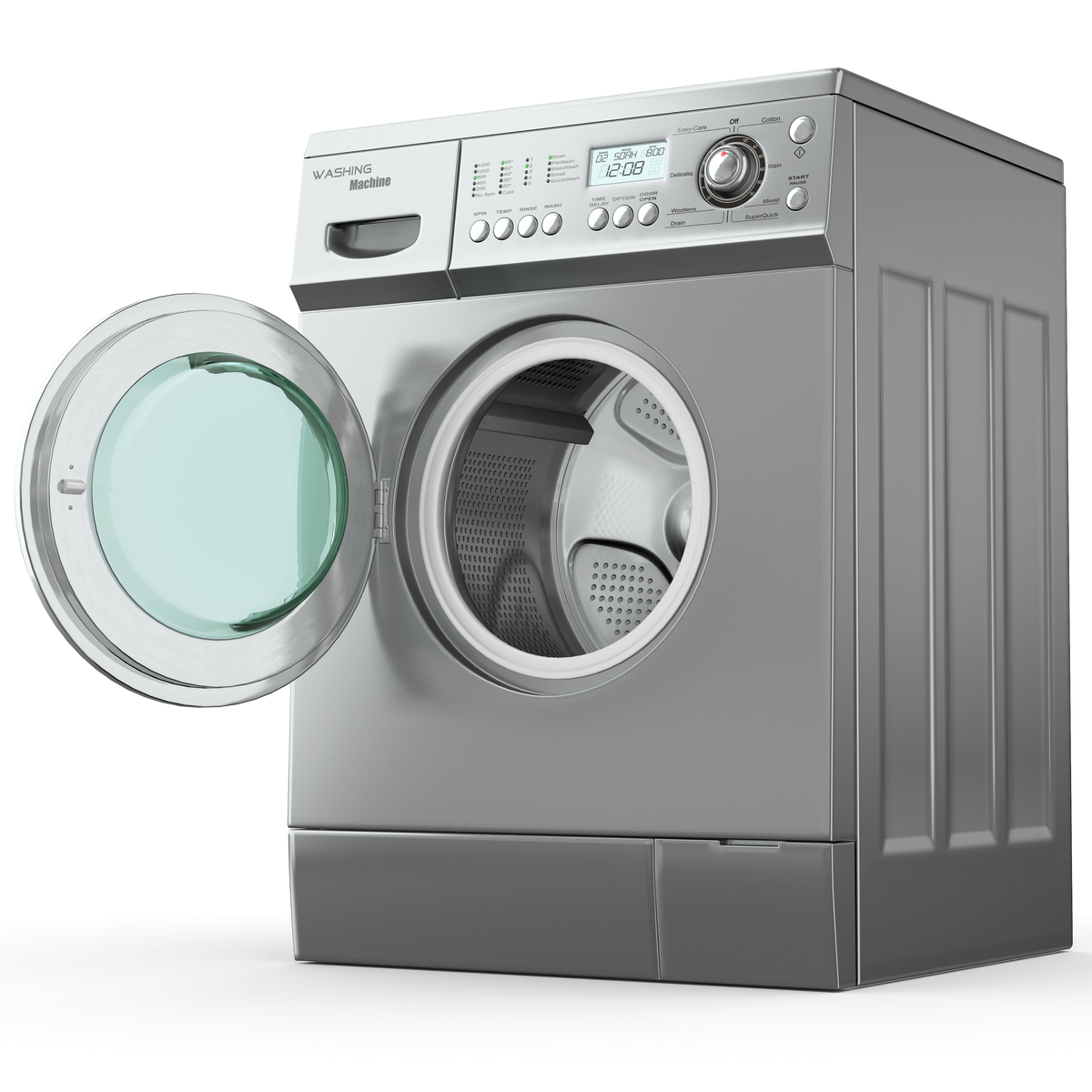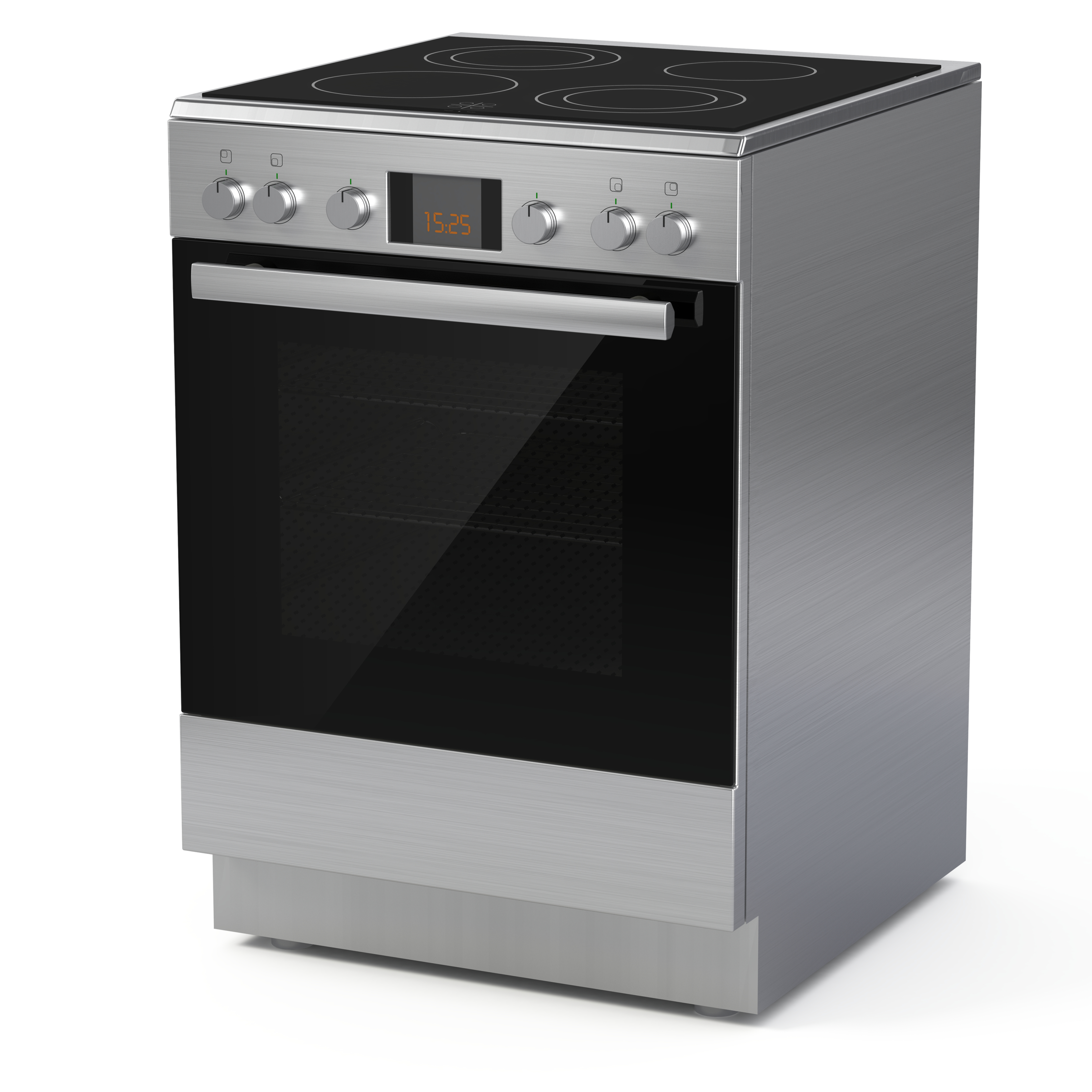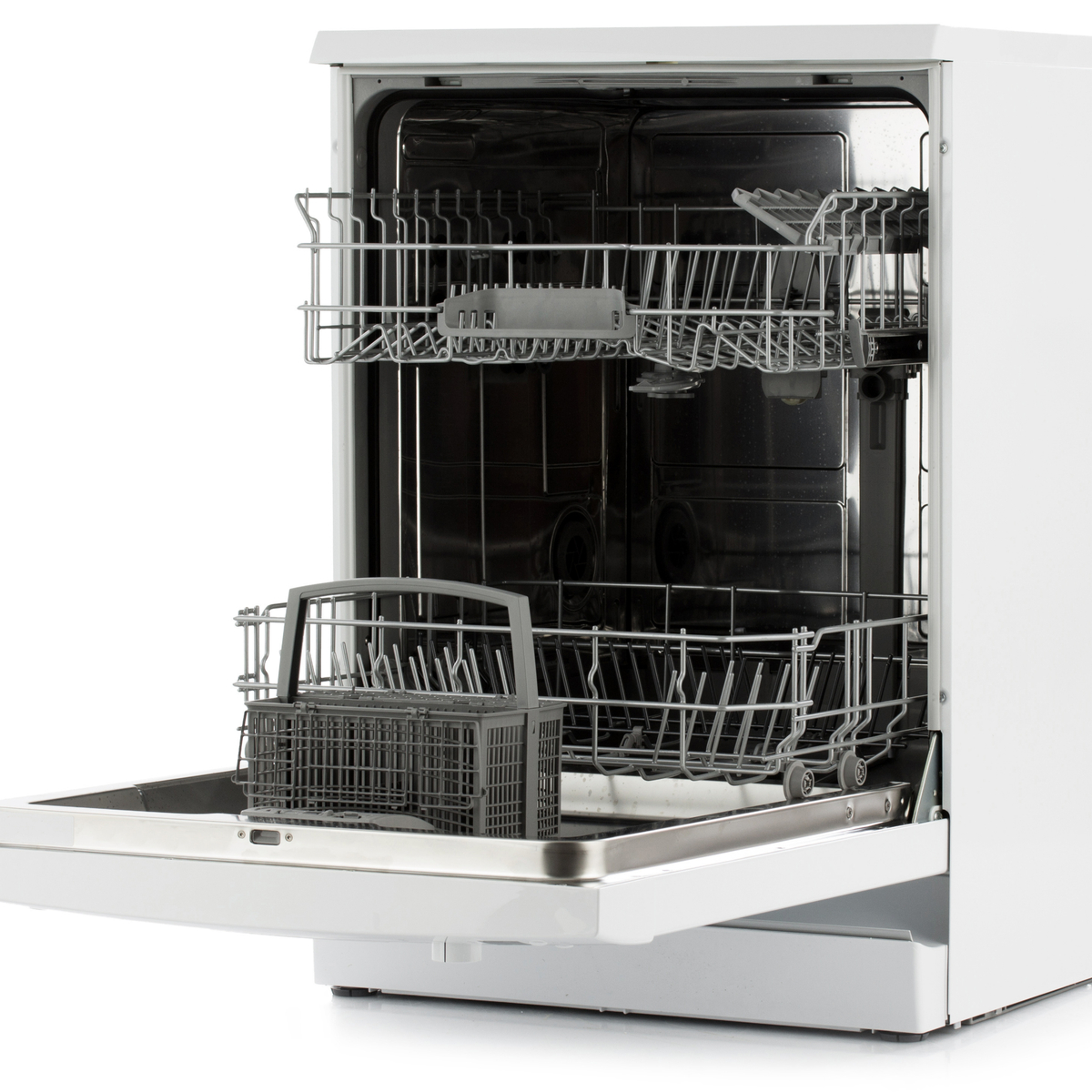Services we provide
Below are the appliance repair services provided by us in Peoria, Glendale, Phoenix, Avondale, Laveen, Scottsdale.
And surround area:
 Same Day Appliance Repair
Same Day Appliance Repair- Ice maker Repair
- Refrigerator Repair
- Dishwasher Repair
- Oven Repair
- Washer Repair
- Dryer Repair
- Garbage Disposal Repair
Schedule Appointment Online and receive 10% Off Discount
Call 623-255-5894 anytime. Satisfaction guaranteed!
Dryer Repair
Every time you dry clothes in your dryer you create lint, and while it’s all supposed to get caught in the lint filter, the reality is it doesn’t.
Some of the lint passes into your dryer’s vent duct where it will end up costing you money (because your dryer has to work harder) and it could even become a fire hazard.
It is very important to clean the clothes dryer and vents to prevent fires.
Not only can the lint build up in the vent piping, it builds up in the dryer underneath the lint trap.
Keeping the lint trap clean after every dryer operation is important, but every 3 or 4 months, one should clean out under the lint trap.
The venting pipe should be cleaned once a year as well as the vent cover on the outside of the house.
Refrigerator Repair
The most important thing you can do to prevent future problems with working refrigerators and freezers is to ensure good air flow over the coils which radiate heat removed from the interior compartments.
If yours has a set of condenser coils on the rear, dusting them off annually should be sufficient, and even that is not critical.
Don’t store paper or plastic bags on top of your refrigerator which might fall down and block air to those coils, however.
Models of this type do need at least 2-3 inches of uncluttered air space above them for proper air flow.
Models with coils underneath near the compressor need to have those coils cleaned at least twice a year, more often if you have an older Amana, or have pets that shed.
Washing Machine Repair
Closing and reopening the water faucets that supply the washer each month is a good idea, especially if you have hard water.
Otherwise they may bind up and not be able to be closed when needed, or leak at intermediate positions.
Also, while I have never had a problem or run into one with fill hoses bursting, it is a good idea to inspect your fill hoses for weak spots or bubbles. It is also a good idea to replace the washers inside the hose ends every year or two. An even better idea, though rarely done, is to use braided high-pressure hoses as fill hoses.
Also when you have the hoses off for washer replacement check for buildup on the screens in the fill valves onto which the hoses attach and clean the screens as necessary.
If you move the machine for these inspections, or for any reason, check that you haven’t kinked the drain hose which will slow the pumping and may accelerate wear of the pump internal vanes due to excessive back-pressure.
For the same reason NEVER hook your drain hose up to a long small-diameter hose to bring your used wash water to your garden, for instance. If you decide to do that (and most building codes/health regulations frown on grey water usage) empty the regular drain hose into a large drum, like a 55 gallon one, and drain using gravity and a hose from the drum, or create a large black-plastic pipe drain system to get your water where desired with gravity, and just place the smaller diameter regular drain hose loosely into the top of the new drain pipe.
All drain systems need to be about 36" high where the drain hose hooks on to prevent siphoning problems.
| Amana | Kitchen Aid |
| Whirlpool | Dacor |
| Caloric | Maytag |
| Samsung | Kenmore |
| Jenn-Air | Roper |
| Frigidaire | Sub Zero |
| General Electric | LG |
| Gibson | Westinghouse |
__empty__
__empty__



